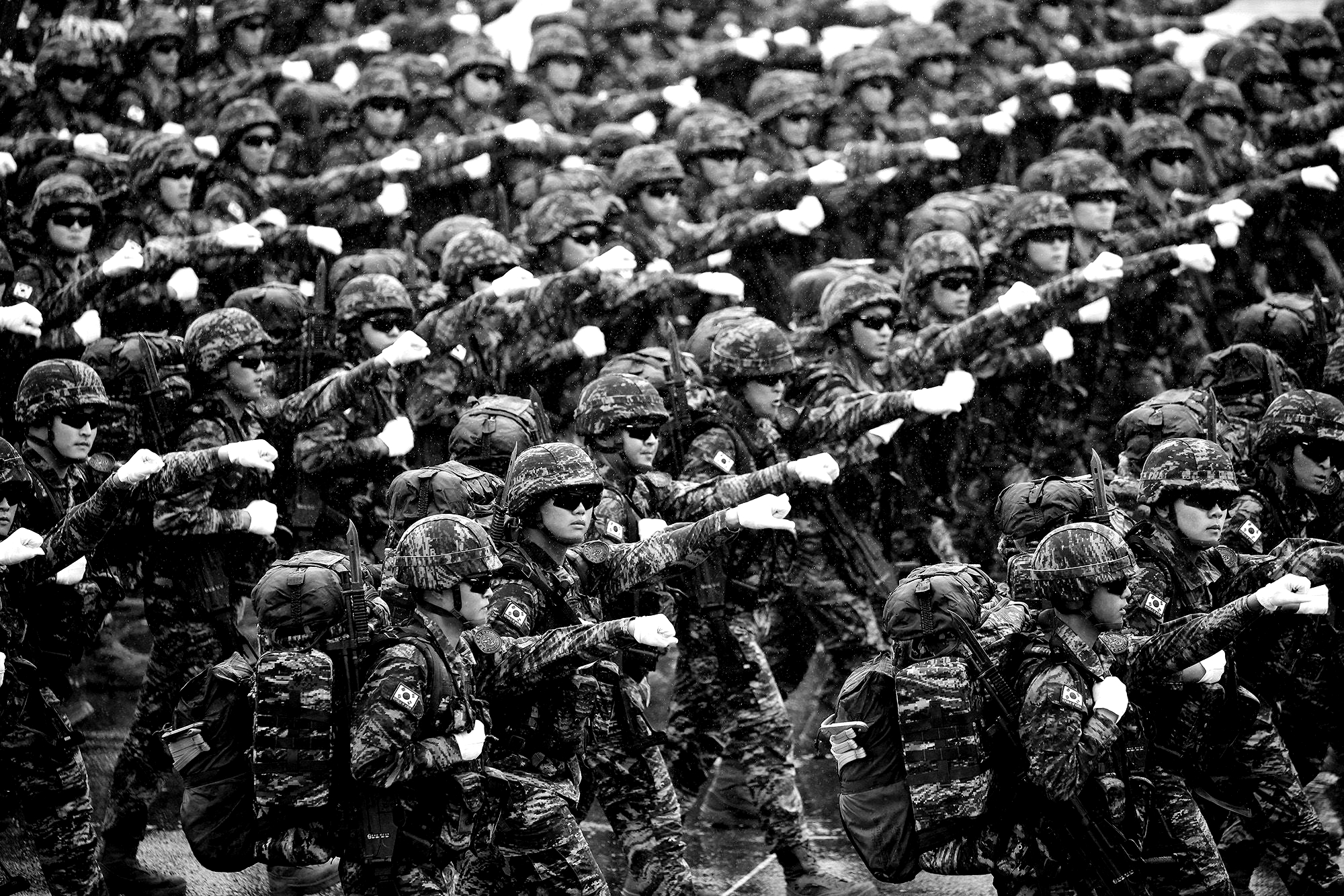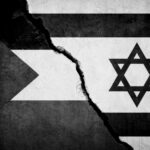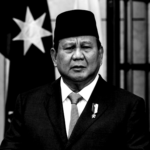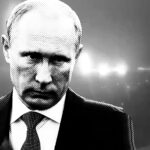SEOUL, South Korea (RTSG) – On December 3rd, residents of the capital of the Republic of Korea were rudely awakened in the middle of the night to the sounds of helicopters and jets flying over their houses after the president declared martial law. President Yoon Soek-Yeol gathered an emergency meeting of the press at 10:23 PM to announce the establishment of martial law in the country, decrying what he called “North Korean communist forces” that he alleged were “paralyzing the essential functions of the state and undermining the liberal democratic constitutional order.”
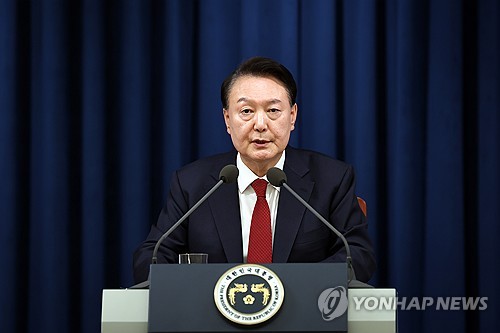
Lawmakers had to hop the fences of the National Assembly building, South Korea’s legislative meeting hall, to avoid police and military forces that had blocked off all entrances to the building. After thousands of protestors showed up outside the building, there was chaos between protestors and the military, though no deaths or injuries happened. After several hours of uncertainty, members of the South Korean parliament voted to lift the martial law at around 1 AM. By 2 AM, all troops had left the compound.
The events of December 3rd shocked not just the East Asian nation, but also the rest of the world. The Republic of Korea has not instituted martial law since 1980, and since then, the country has created ostensibly strong democratic systems. The events of this week seem to have disproved that assumption. The question remains: how did this happen?
President Yoon Seok-Yeol has been one of the Republic of Korea’s most unpopular presidents since his election in 2022, which he won with a barely 1% margin of victory. He and his party, the People’s Power Party (국민의힘), rode to victory promising deregulation and tax reductions. As a result, he was particularly popular among the youth in Seoul, the largest metropolitan area of South Korea. Now, however, it seems that his fortunes have changed significantly after repeated attacks from the opposition, the Democratic Party (더불어민주당). Suffering from one controversy to another, Yoon saw his approval ratings dip to 19% nationwide at the beginning of November.
Recently, the Democratic Party launched a prosecution targeting Yoon’s relationship with an election broker and owner of a polling agency. The election broker, named Myung Tae-Kyun, was under scrutiny for gloating that he held power over the President and his wife in a leaked phone call, and the president himself is under investigation for exercising inappropriate power over the People’s Power Party in selecting officials for election brokering and the like.
Additionally, Yoon’s presidency has seen a marked increase in tensions between North and South Korea, with the latter restarting several provocative military exercises against the North. North Korea (officially the Democratic People’s Republic of Korea) has continued to respond to these advances in a tit-for-tat series of escalations, including dropping propaganda leaflets over the capital city of Seoul. Most recently however, the North accused the South of flying drones over the North’s capital city, Pyongyang.
Amidst all this pressure, Yoon declared martial law, primarily to stop the investigation and to “restore government functions.” However, lawmakers in South Korea are already preparing to remove the president, with six of the opposition parties banding together to draft an official motion to impeach Yoon. The People’s Power Party, despite opposing the declaration of martial law, has stated it will not support the motion to impeach.
Sources: Yonhap News Agency, Reuters, AP, Korea Times

